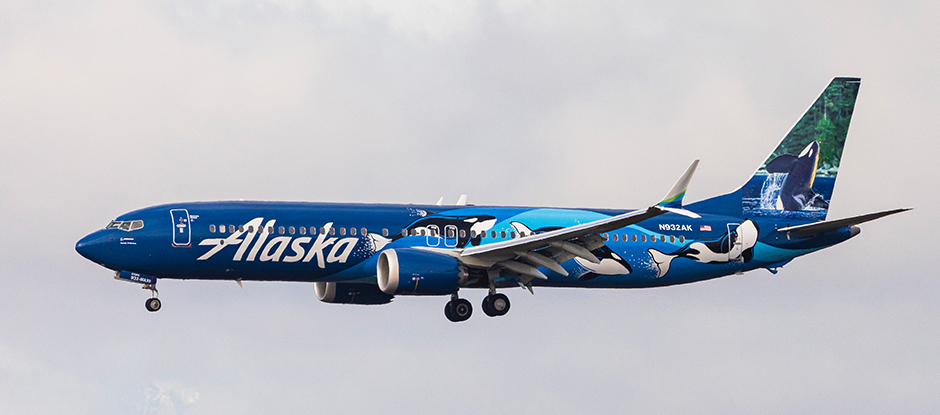Title: Skiplagging: The Controversial Practice of Flight Skipping and Its Consequences
Introduction:
In the world of air travel, passengers are continually seeking ways to save money, find the best deals, or make their journeys more convenient. However, a controversial practice known as “skiplagging” has emerged, creating a stir within the industry and raising ethical questions. This article aims to provide an evaluative analysis of what skiplagging entails, its potential consequences, and the implications for both passengers and airlines.

Skiplagging, also known as hidden-city ticketing, involves intentionally booking a flight with a layover in a desired destination and then intentionally missing the connecting flight to that final destination. The primary goal is to take advantage of lower fares for indirect flights that pass through the desired location, rather than booking a direct flight to that destination, which may be more expensive.
Proponents of skiplagging argue that it can be a savvy way to save money on airfare. By exploiting pricing discrepancies, passengers can potentially secure significantly cheaper tickets for their desired destinations. Skiplagging may be particularly useful for travelers with flexible itineraries or those seeking last-minute deals.
However, there are several significant consequences that skiplagging can have on passengers. Firstly, airlines strictly prohibit this practice and consider it a violation of their terms and conditions. If an airline discovers that a passenger has engaged in skiplagging, they may face severe penalties, including the cancellation of their return flights or even the suspension of their frequent flyer accounts.
Moreover, skiplagging can disrupt travel plans and potentially lead to inconveniences. For instance, if a passenger intentionally misses a connecting flight, they may be stranded in an unfamiliar location without alternative options, resulting in added expenses and complications.
While skiplagging may seem like a clever way for passengers to outsmart airlines, it poses significant challenges for the airlines themselves. When passengers engage in skiplagging, it disrupts the airlines’ revenue management systems and can lead to empty seats on subsequent legs of the journey, reducing profitability. To combat this, airlines have implemented various measures, such as filing lawsuits against individuals who consistently engage in this practice.
Beyond the legal and financial ramifications, skiplagging also raises ethical concerns. Critics argue that this practice undermines the integrity of the air travel industry by taking advantage of pricing loopholes and exploiting airlines’ systems. Additionally, skiplagging can negatively impact other passengers who may be inconvenienced by empty seats or flight delays caused by those intentionally missing their connections.
Skiplagging remains a contentious practice that raises numerous ethical and legal questions. While it may offer potential savings for travelers, the consequences can be severe, including financial penalties, disruptions to travel plans, and the erosion of trust between passengers and airlines. As the air travel industry continues to grapple with the implications of skiplagging, passengers must carefully consider the potential risks and ethical implications before engaging in this controversial practice.


